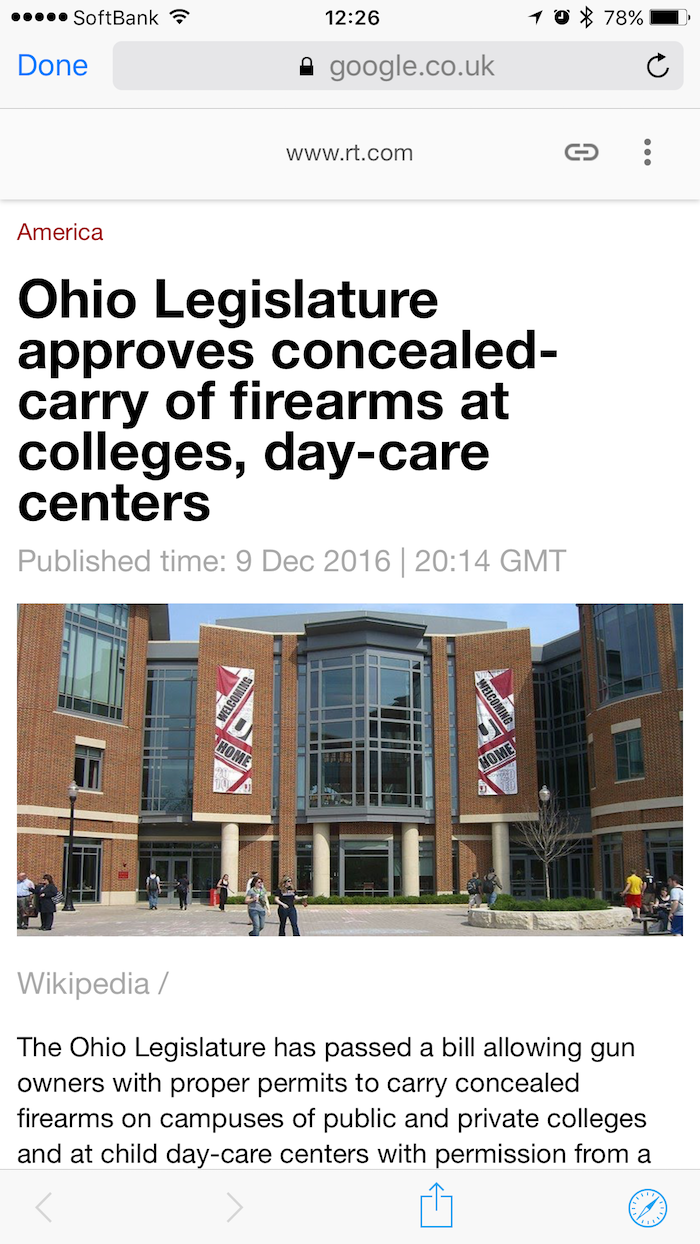
What is the TAG?
Special group in W3C chartered to:
- document and build consensus around principles of Web architecture and to interpret and clarify these principles when necessary;
- resolve issues involving general Web architecture brought to the TAG;
- help coordinate cross-technology architecture developments inside and outside W3C.
5 elected, 3 appointed, 1 chair (Tim), 1 staff contact (Yves)
The TAG
Tim Berners-Lee (W3C, Chair)
Daniel Appelquist (Samsung Electronics, co-Chair)
Peter Linss (Invited Expert, co-Chair)
David Baron (Mozilla)
Andrew Betts (Fastly)
Hadley Beeman (W3C Invited Expert)
Yves Lafon (W3C, staff contact)
Travis Leithead (Microsoft)
Sangwhan Moon (Invited Expert / Odd Concepts)
Alex Russell (Google)
Current work of the TAG
- Pondering deep questions about the web
- Writing stuff: findings and other output
- Design reviews (née “Spec Reviews”)
- Joint work with other groups
- Play a role in cross-organization liaisons
- Developer community engagement
Design Reviews
The TAG's “Heartbeat”
Requesting a TAG Review
Open an issue with us on GitHub
Some closed issues
What happens during a TAG review?
- One TAG member will own the issue
- We will likely invite someone to a TAG call or to join us at a f2f
- You will get live feedback from us in the github issue
- If appropriate we will issue a more formal feedback document
Where can I find the current work of the TAG?
Visit our page at https://tag.w3.org
Visit our meetings repo:
https://github.com/w3ctag/meetings
(all minutes linked from agendas)
Finding
Evergreen Web
“Constant evolution is fundamental to the Web’s usefulness. Browsers that do not stay up-to-date place stress on the ecosystem. These products potentially fork the web, isolating their users and developers from the rest of the world.”

Finding
Polyfills and the evolution of the Web
“Polyfills are a valuable part of Web architecture, because they promote the adoption of new features during the implementation process.”
Finding: Securing the Web
- Moving the Web to https
- Motivations thereof
- Coordinating with the web community
https://www.w3.org/2001/tag/doc/web-https
We have turned a corner:
more than 50% of the web is now https

Text
(source: Firefox Telemetry)
Future Work
Design Principles
Potential Finding on URLs and “Fake News”

Source: Blog Post from TAG member Andrew Betts

Reviewing our Charter
- document and build consensus around principles of Web architecture and to interpret and clarify these principles when necessary;
- resolve issues involving general Web architecture brought to the TAG;
- help coordinate cross-technology architecture developments inside and outside W3C.
Weighing in on Key Issues
Ensuring a Strong and Secure Web Platform
Developer Outreach
12 Developer Outreach Events since 2013
Mix of panel discussions and unconference-style “summits” (https://extensiblewebsummit.org)
Berlin / Boston / London / Melbourne / San Francisco
~1000 developers
Some have been documented:
http://lanyrd.com/2015/extwebsummit/
Some have been streamed:
https://youtu.be/7BpsUYn6Z2o?t=35m17s
Why?
Take advantage of locations.
Talk to and hear from web developers.
Raise awareness of emerging web technologies.
Be visible: this is your web.
Get direct feedback from developers.
Help to prioritize.
Upcoming:
“Meet the TAG” meetup
Tokyo, 26 April 2017
https://html5j.connpass.com/event/55500/
We're on github: https://github.com/w3ctag
Follow @w3ctag on Twitter

TAG Update for W3C AC April 2017 Meeting
By Daniel Appelquist
TAG Update for W3C AC April 2017 Meeting
TAG Update for W3C AC April 2017 Meeting
- 3,623



